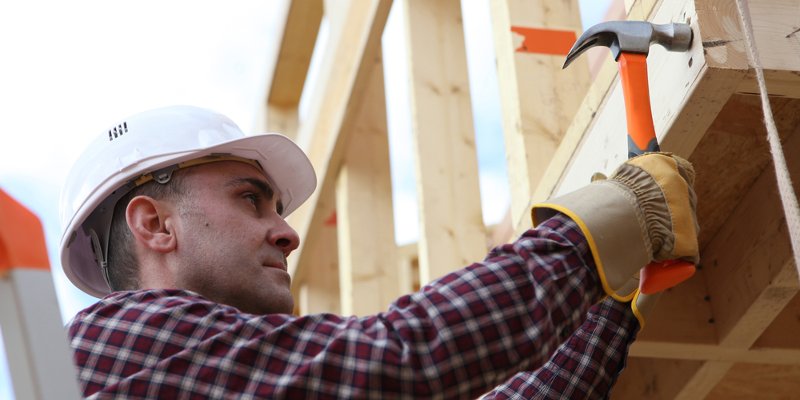While Theresa May’s Conservatives got more votes than Jeremy Corbyn's Labour in last week’s General Election it lost its majority, leading to a potential deal with the right wing Democratic Unionist Party in Northern Ireland.

The General Election result of a hung parliament has put the housebuilding sector in a worrying state of limbo, the Society of Mortgage Professionals’ operations manager Vishal Pandya has warned.
While Theresa May’s Conservatives got more votes than Jeremy Corbyn's Labour in last week’s General Election it lost its majority, leading to a potential deal with the right wing Democratic Unionist Party in Northern Ireland.
Pandya said: “Despite it featuring prominently on both the leading parties’ manifestos, the result now places in a vacuum.
“With months of uncertainty ahead as a new coalition government is formed, or another election is confirmed for later in the year.
“The housebuilding industry is in desperate need of some sustained stability, but is now faced with a period of uncertainly, where other political issues may force a housing policy to take a back seat.
“However, as it was a stated priority for both the leading parties, we hope it will remain high on the list for a new government, whatever its composition.”
Even if a party had won an overall majority Pandya is cynical about pledges from both main parties.
Labour pledged to build a million new homes over five years but the Conservatives haven’t reached that level despite similar rhetoric.
Pandya added: “No-one seems to be talking the ‘Brexit factor’ into account and that will surely have a significant impact on any plans in the next five years and beyond.”
He said: “The well-intentioned rhetoric in the build-up to the election has been rendered redundant for the immediate future.
“We desperately needed consistency and instead we now face the prospect of short to medium-term upheaval.
“Such uncertainty is not what was needed and we hope the new government - in whatever shape or form it takes - will quickly re-focus on the need for affordable starter homes, show a more flexible attitude to suitable brownfield sites and instigate planning reforms to support small builders.”



